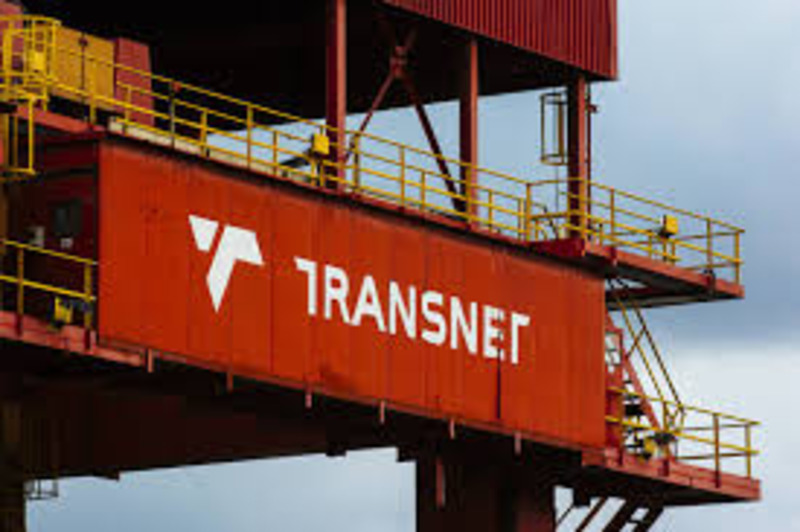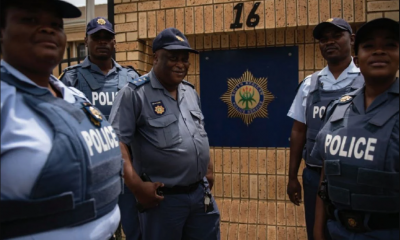Published
7 months agoon
By
taryn
The Johannesburg Specialised Commercial Crime Court granted Herbert Msagala, former CEO of Transnet Group Capital, R60,000 bail following his appearance.He faces serious charges of fraud, corruption, theft, and money laundering, raising significant concerns for corporate governance in South Africa.
Prosecutors accuse Msagala of receiving kickbacks totaling over R26 million during his time at Transnet. The allegations involve the awarding of five questionable contracts worth more than R160 million to IGS Consulting Engineering in 2015.
These contracts were for maintaining and upgrading high-pressure pipelines transporting fuel from Durban to Gauteng.
Phindi Mjonondwane from the National Prosecuting Authority (NPA) stated that authorities expect two additional suspects to face charges. The court has postponed the case until November 19, allowing the Hawks—South Africa’s Directorate for Priority Crime Investigation—time to locate them.
The charges against Msagala highlight ongoing concerns about corruption in South Africa’s state-owned enterprises. Transnet, a vital part of the country’s transportation and logistics infrastructure, has faced scrutiny for its governance and financial practices. The allegations against Msagala highlight a broader corruption issue that has outraged the public and prompted calls for accountability.
The investigation raises important questions about how state-owned enterprises award contracts. With substantial amounts of money allegedly misused, there is an urgent need for reform to improve governance and oversight.
After his initial court appearance, the court postponed Msagala’s case to November 19.. This delay allows time for the Hawks to investigate and locate the other suspects involved.This case could set a significant precedent for handling corruption cases in South Africa.
As the legal process unfolds, investigators will focus on the integrity of contracts awarded under Msagala’s leadership and whether proper procedures were followed.The case also highlights the essential role of whistleblowers and investigative bodies in exposing corruption and ensuring accountability.
Herbert Msagala’s bail and the serious charges he faces underscore the ongoing battle against corruption in South Africa.
As the case progresses, it will impact not only Msagala’s future but also corporate governance in South Africa. With growing demands for transparency and ethics in public enterprises, the investigation’s outcome could prompt crucial reforms to restore public trust in institutions.


Sello Moloko Steps Down as Absa Chairman, René van Wyk to Take the Helm


Limpopo Man Busted for R15,000 Correctional Services Job Scam


African Bank Gives 10% Ownership to Employees in Bold Move Towards Inclusivity


Legal and Property Sectors Slammed for Delaying South Africa’s Exit from Grey List


Access Forex Defrauded of $320,000 and R600,000 in Ghost Remittance Scam, Court Hears


Two more suspects arrested in R25 million Bojanala fraud case















